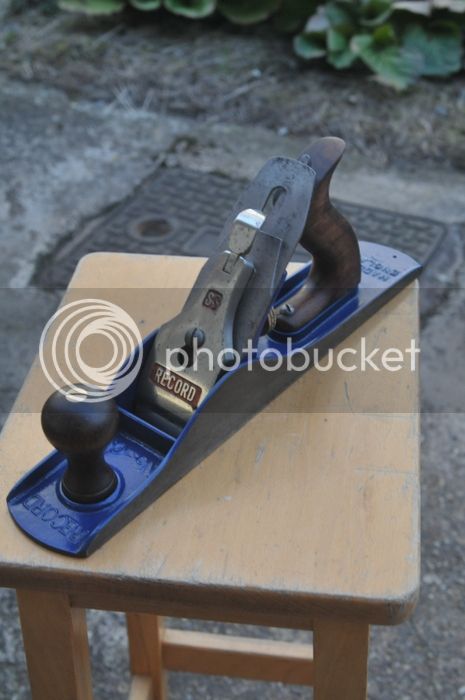I'm now the proud owner of number of old n rusty planes
Is citric acid from the home brew shop any good (very, very cheap)
but it does say
When using citric acid avoid inhaling fumes, skin and eye contact, ingestion as it may cause irritation
Was planning on using it in the garage but the cat does have permanent access so maybe not a good idea.
Everyone seems to rave about the corro dip, expensive but re-usable.
Can't find the safety precautions for that.
Have a tiny shed outside so guess I could use either outside but will have to wait a few more weeks to guarantee a frost free night.
Do they both eat / dissolve japanning ?
Is citric acid from the home brew shop any good (very, very cheap)
but it does say
When using citric acid avoid inhaling fumes, skin and eye contact, ingestion as it may cause irritation
Was planning on using it in the garage but the cat does have permanent access so maybe not a good idea.
Everyone seems to rave about the corro dip, expensive but re-usable.
Can't find the safety precautions for that.
Have a tiny shed outside so guess I could use either outside but will have to wait a few more weeks to guarantee a frost free night.
Do they both eat / dissolve japanning ?







